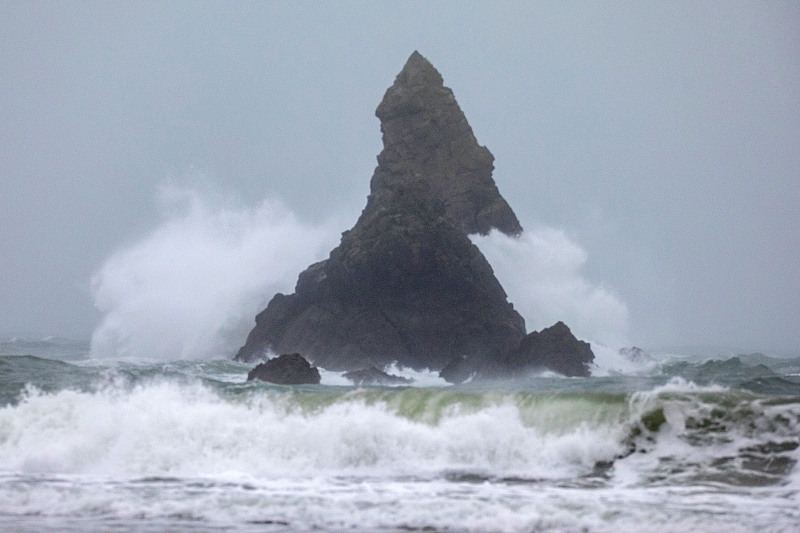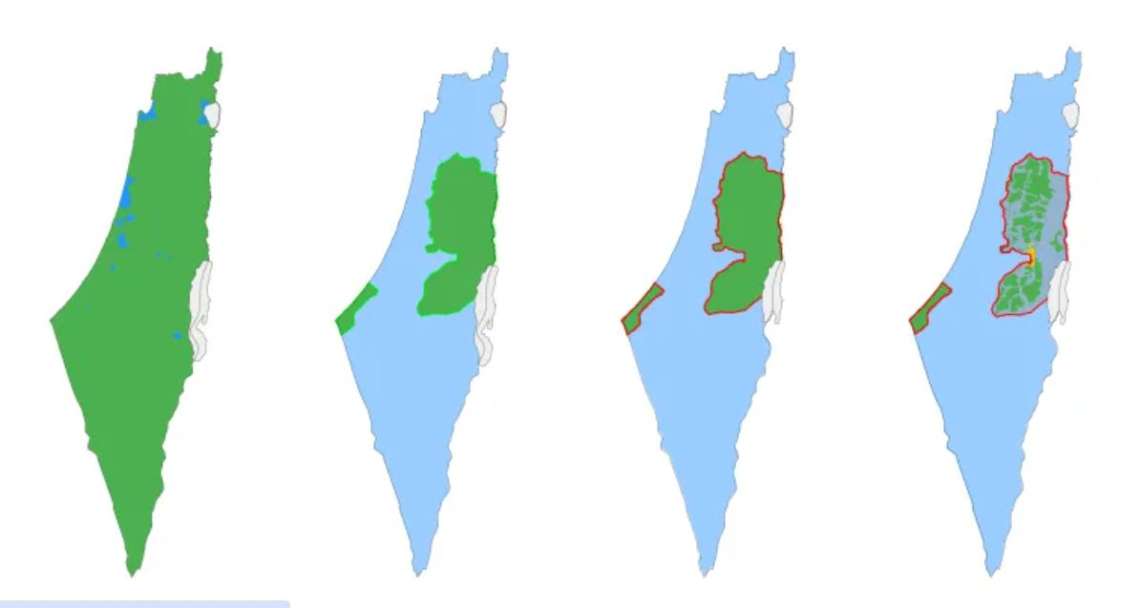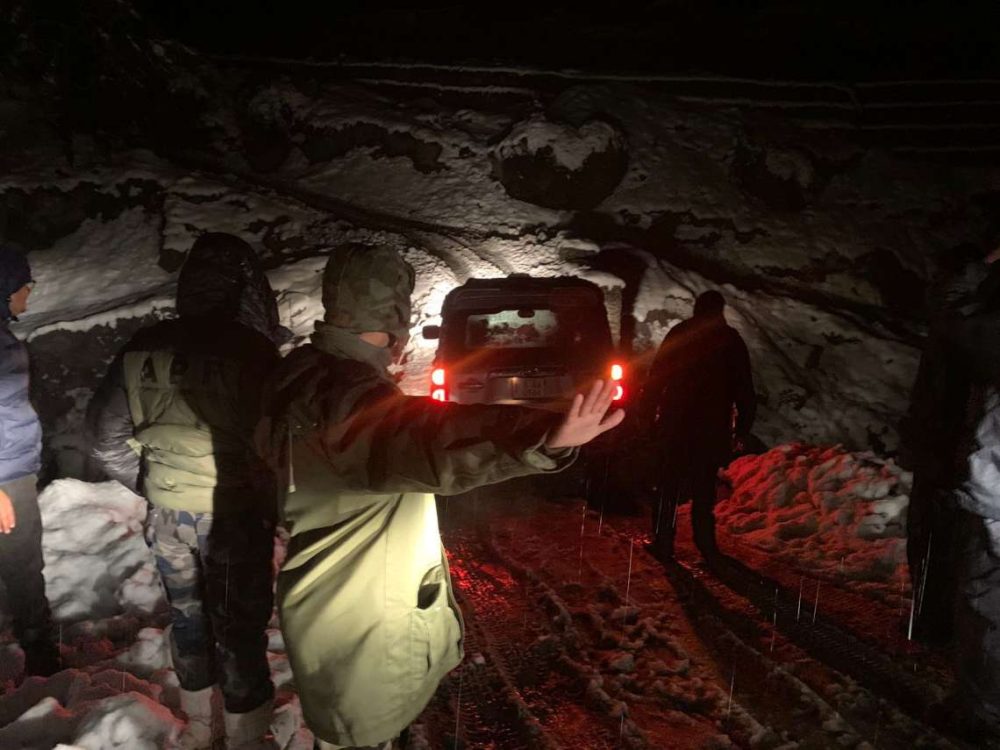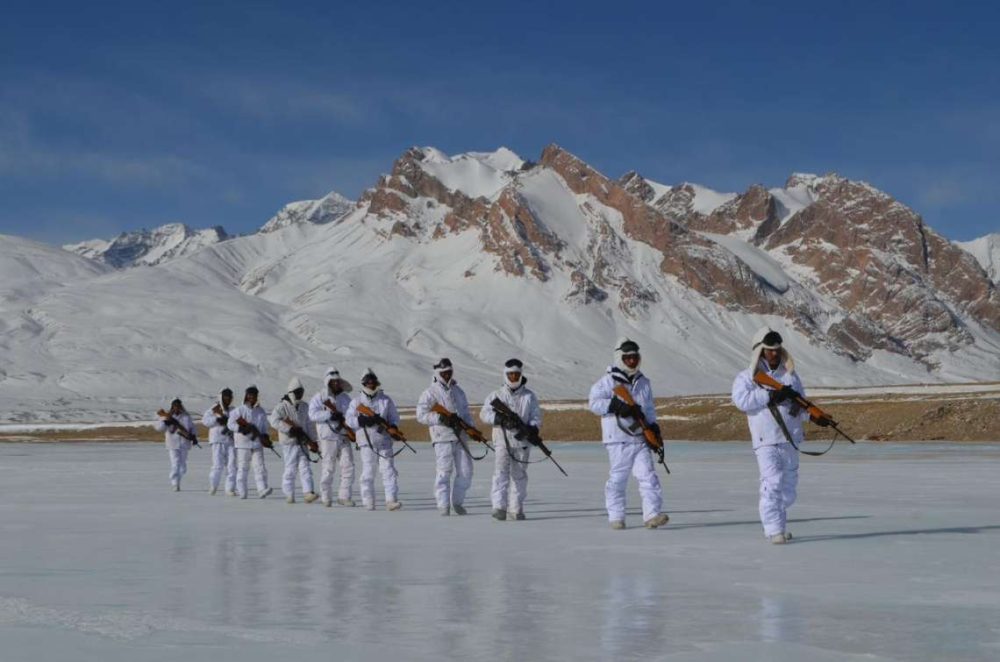The storm follows Agnes, Babet, Ciarán, Debi, Elin, Fergus, Gerrit, Henk, and Isha, making it the tenth since the storm season began in late September…reports Asian Lite News
The United Kingdom and Ireland are braced for more strong winds and heavy rainfall as Storm Jocelyn approaches, just hours after deadly storm Isha swept the region on Sunday and Monday, leaving tens of thousands without power and leading to at least four deaths.
It follows storm Agnes, Babet, Ciarán, Debi, Elin, Fergus, Gerrit, Henk, and Isha, making it the tenth since the storm season began in late September.
Jocelyn marks the first time on record that the UK and Ireland have reached “J” in the alphabet so early in the season, said Liz Bentley, chief executive of the Royal Meteorological Society.
Met Éireann, Ireland’s national meteorological service and the agency that named storm Jocelyn, has issued weather warnings for very strong winds with “severe and damaging gusts.”
The UK’s Met Office has issued amber and yellow national severe weather warnings for wind covering much of the UK, and yellow warnings for heavy rain.
“Wind gusts are expected to reach 55 to 65 mph across northwestern Scotland while there is potential for winds to gust to 75 to 80 mph in a few places,” said Steve Willington, chief meteorologist at the UK Met Office, predicting that rainfall accumulation could reach 40 to 50 millimeters over higher ground in southwest Scotland, the Scottish Highlands, and parts of northwest England.
Storm Jocelyn is forecast to be less powerful than Isha, which reached wind speeds of more than 110 mph.
Isha lead to the deaths of at least four people. An 84-year-old man died in Scotland on Sunday when a tree crushed the car he was traveling in. A 60-year-old man died on Sunday when his car collided with a fallen tree in Northern Ireland, and two people were killed in Ireland in separate storm-related road accidents on Sunday and early Monday morning.
But while Jocelyn is expected to be less extreme, it comes as the UK is still grappling with the extensive damage Isha caused and as the ground in some places is already saturated from rainfall.
“With the damage and clean up still underway, we could potentially see more impacts from Storm Jocelyn,” Willington said.
Climate change, driven primarily from the burning of fossil fuels, is causing extreme weather events, such as heavy rainfall, to become more frequent and more intense.
While there is no evidence of changes in the frequency or intensity of windstorms in the last few decades in the UK, future climate projections suggest that winter windstorms will increase slightly in number and intensity, Bentley said.
“There is more confidence though, that the storms will be more impactful,” she added. “We are seeing more rainfall associated with these storms – a warmer atmosphere holds more moisture, leads to heavier rainfall – climate projections indicate warmer, wetter winters in the future.”
Climate change has also led to sea level rise, Bentley added, “so the impact of these storms is greater.”
Jocelyn brought more travel disruption to parts of the country on Wednesday, after Isha caused chaos on the transport network earlier in the week.
Trains to and from Scotland are suspended until at least Wednesday afternoon. Avanti West Coast said people should not try to go north of Preston until at least midday on Wednesday, and said journeys in the north-west could take longer because of speed restrictions. LNER also asked passengers not to go north of Newcastle.
Martin Thomson, national operations manager for resilience at Transport Scotland, said: “Across the wider network, we can expect to see more delays and cancellations with ferries, flights and rail into Wednesday morning.”
Network Rail Scotland said that it had dealt with flooding, downed trees and the roof of a shed roof blowing onto a wall above a track on Tuesday evening.
A statement outlining the plan for morning route inspections said: “It’ll be done in many ways – teams on foot, in road-rail vehicles, freight locos and empty passenger trains.
“Our helicopter will be out too, as soon as winds ease.” ScotRail said that “it will be later on in the day before any trains can run”.
Jocelyn has brought travel chaos to the roads as well. The Queen Elizabeth II bridge at the Dartford Crossing, M48 Severn Bridge and A66 in County Durham and Cumbria were all closed amid high winds. The Humber Bridge, the A19 Tees Flyover and the Woodhead Pass in Derbyshire and South Yorkshire were closed to high-sided vehicles.
The M1 was also closed in both directions to high-sided vehicles at Junction 34 for Sheffield. The A76 in Scotland was shut in both directions between Skelmorlie and Largs because water had come over the sea wall. The Forth Bridge was open to cars and single decker buses with restrictions on high-sided vehicles on several bridges.
ALSO READ-Britain blasts China for persecution of Uyghurs, Tibetans














